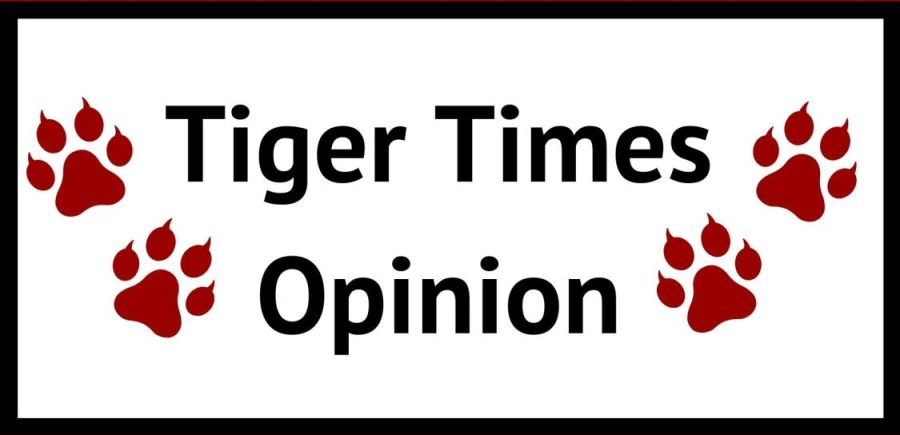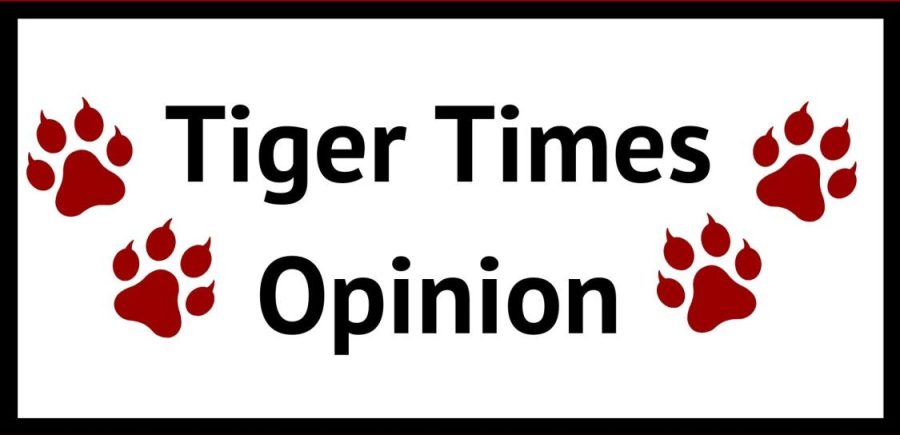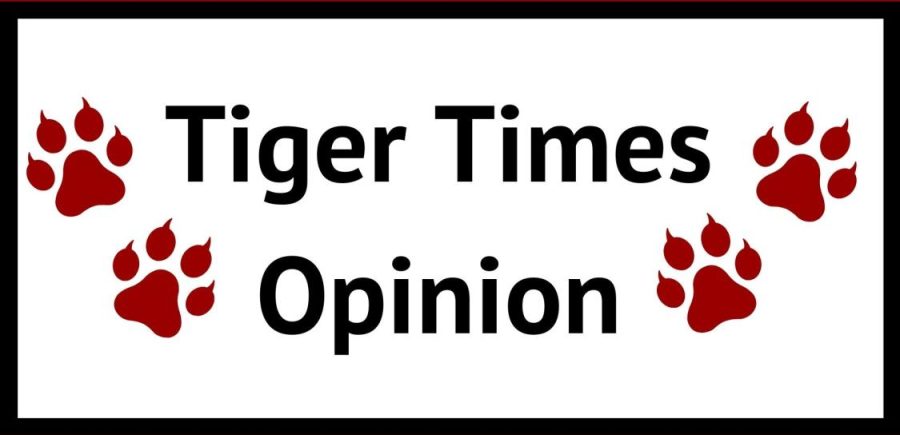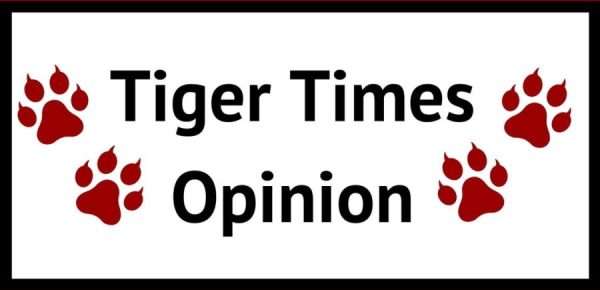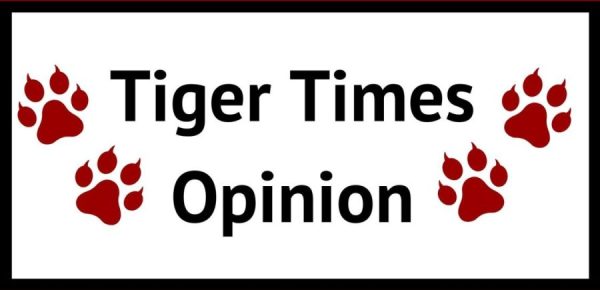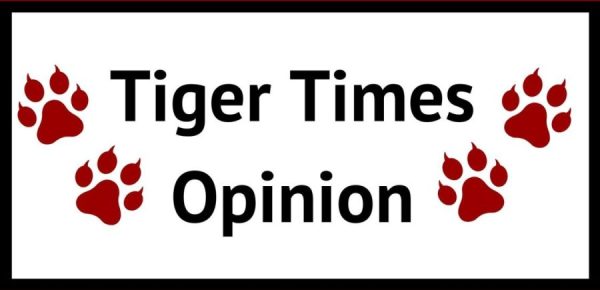Masculinity Mayhem: Gillette ad causes controversy
Screenshot by Marie Gabbard, taken from We Believe: The Best Men Can Be, Gillette, 2019.
The recent Gillette ad depicts a man comforting an upset boy on the street.
January 20, 2019
Masculinity and kindness are not mutually exclusive. On Monday, January 14 Gillette released an ad encouraging men to be kinder to people with the slogan “men to be their best.” People were outraged, the video currently has over 20 million views with 549k thousand likes and one million dislikes on Youtube.
The ad shows a father telling his daughter to be strong, a man stopping another man from catcalling a woman and a final man stopping two young boys from fighting. Ideals of being a supportive parent, lessening violence and stopping harassment on the outset are not new or highly controversial ideas. One reason for the backlash was people believing the ad attacked the idea of being male. The internet backlash was strong, in a tweet by Piers Morgan, an English journalist and writer, said “I’m so sick of this war on masculinity,” categorizing the video as man-hating.
Despite the response to the ad seeming overwhelmingly negative, a poll by Morning Consult, a technology and media company that conducts online survey research, found that of 2,201 American adults surveyed, the number of people responded that Gillette shared their values jumped from 42 percent to 71 percent from before the ad was released to after. This shows that people support the values behind the ad, that show men in a way where they are kind and supportive and not aggressive toward women or other men.
According to an article from Psychology Today, society tells men that they cannot express their emotions, leading them to express things like hurt or sadness through anger. This increase in aggression in men is shown in a report from the US Justice Department finding that men account for 86 percent of violent crimes. Kindness and empathy are taught to be something only for women, or weak men.
This idea can have harmful effects on men’s health. In an article from the American Psychological Association, Wizdom Powell an associate professor in the University of North Carolina-Chapel Hill Department of Health Behavior found those masculine ideals can cause men to have worse health outcomes.
.
“When men adhere rigidly to the kinds of norms that encourage them to not share their emotions, to be sort of relentlessly self-reliant without seeking the help or support of others. They can have poorer mental health outcomes,” Powell said. “Because doing so cuts them off from the social networks and social supports that might help them get through a difficult time.”
The topic of gender and masculinity has been a hot button for a long time recently, with the #metoo movement and the Women’s March on Jan. 19, it is something everyone has been thinking about. Gillette has been accused of just using these movements in their ad as an opportunity to get attention. While this may be true, nonetheless bringing up vital problems to the public’s attention is beneficial no matter the motivation.
While the Ad might have just been an attempt to stir up controversy to sell a product, the message is clear: gender is a controversial topic and it needs to be talked about. Men are not the problem, attitudes of aggression, social isolation and competition are.





